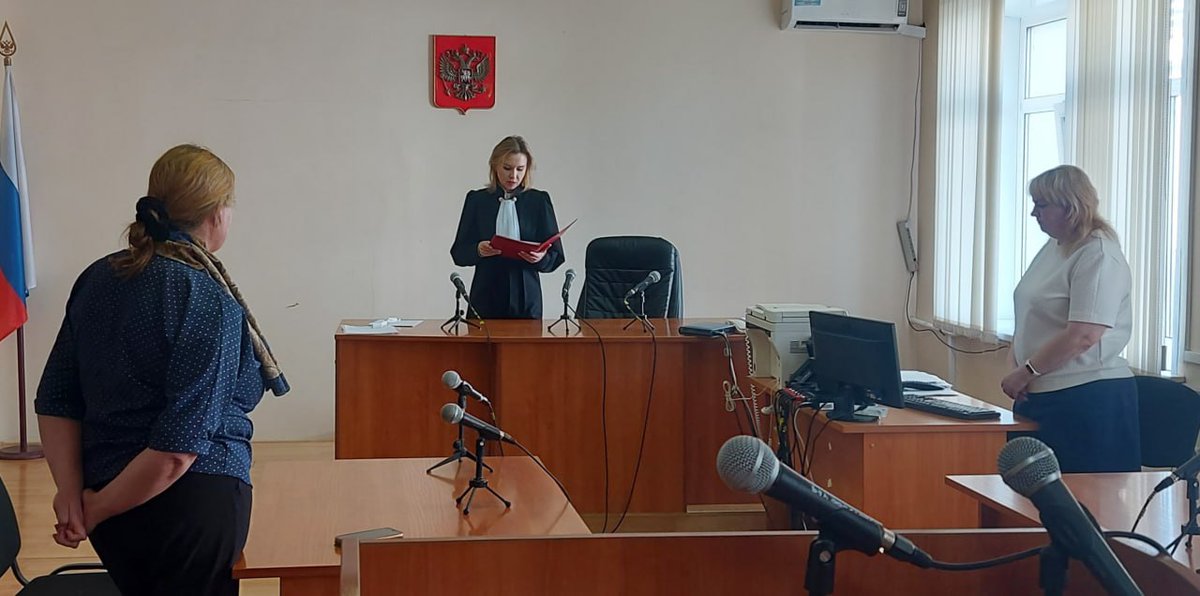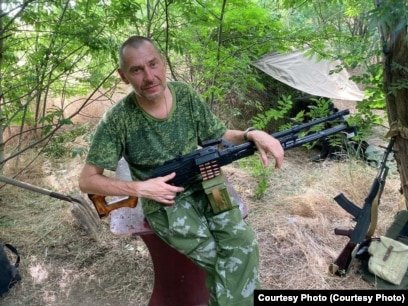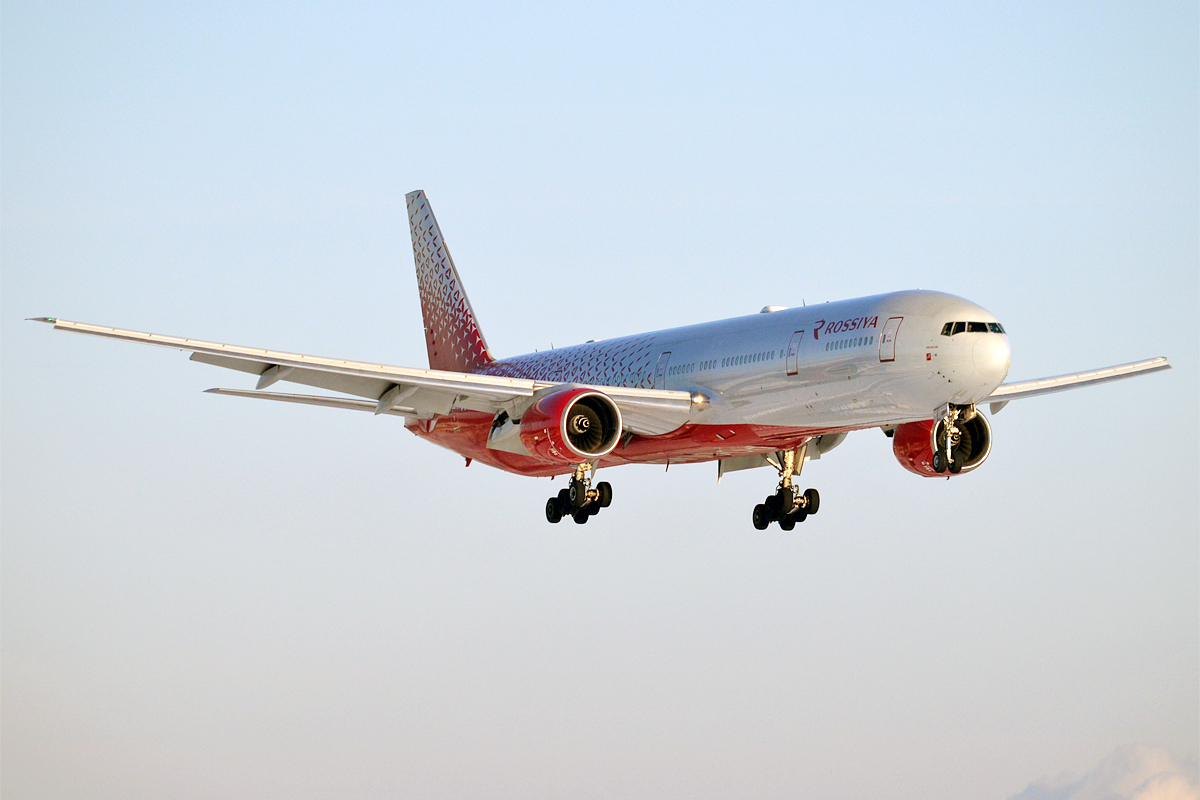1/ A Russian schoolteacher has been convicted for printing out #Wikipedia's article on the Russian invasion of Ukraine, in what seems to be Russia's first criminal case associated with Wikipedia's coverage of the war. ⬇️ 

2/ The SOTA Project reports that "Olga Lakhman, a teacher from Orsk, was sentenced to a fine of 30,000 rubles ($387) for politically short-sighted design of her college stand."
3/ "Lakhman was supposed to prepare materials for an information stand on a "special military operation" and without reading it she asked her colleague to print out the first text on the subject she found on the Internet: ...
4/ "... it turned out to be a Wikipedia article on "Russia's invasion of Ukraine".
5/ "For printing out this article, which, according to the court, "distorted the use of the Russian Armed Forces in front of the younger generation," the teacher was eventually convicted on a charge of "discrediting the army."
6/ Russia has so far fined the Wikimedia Foundation 8.4 million rubles ($108,528) in 2023 for not deleting articles containing what it calls "banned content" about the war. reuters.com/world/europe/r…
7/ However, as far as I'm aware this is the first time that Wikipedia *users* have been fined for using its content - a concerning precedent given that Wikipedia is one of the few uncensored sources of information still available to Russians. /end
Source:
t.me/sotaproject/58…
t.me/sotaproject/58…
• • •
Missing some Tweet in this thread? You can try to
force a refresh

 Read on Twitter
Read on Twitter







